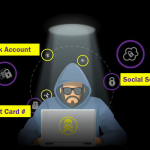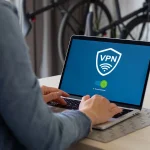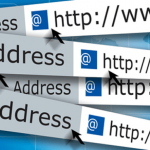How to Choose the Perfect VPN for You?
How to Choose the Right VPN for You is a comprehensive guide on how to choose the perfect VPN for your needs. Whether you’re looking for an affordable option or a high-end service, we’ve got you covered. One of the best ways to make a decision is by reading some PrivateVPN Reviews, it will give you an idea of how good it really is. In this article, we’ll answer some of the most common questions about VPNs and explain what factors to consider when choosing one.
What is a VPN.
VPNs are a type of service that help you access the internet anonymously. They do this by obscuring your IP address and hiding your data from websites and hackers. VPNs can be used for a variety of different purposes, such as protecting your privacy when streaming videos or downloading files, or connecting to sites that are blocked in your country.
What are the Benefits of a VPN.
There are many benefits to using a VPN, including improved security and privacy, reduced data traffic over the internet, and faster speeds when using online services. Some of the most common benefits include:
- Reduced Data Traffic:
A VPN helps reduce data traffic by encrypting all traffic between your device and the internet. This means that anyone who has access to your information can’t see it – no hackers, website filters, or government officials!
- Improved Security:
When you use a VPN, your computer enters into an unknown tunnel which is encrypted by the VPN provider. As this tunnel is secret, no one else can understand or Access it (except for you). This helps protect your data from being accessed by unauthorized individuals or websites.
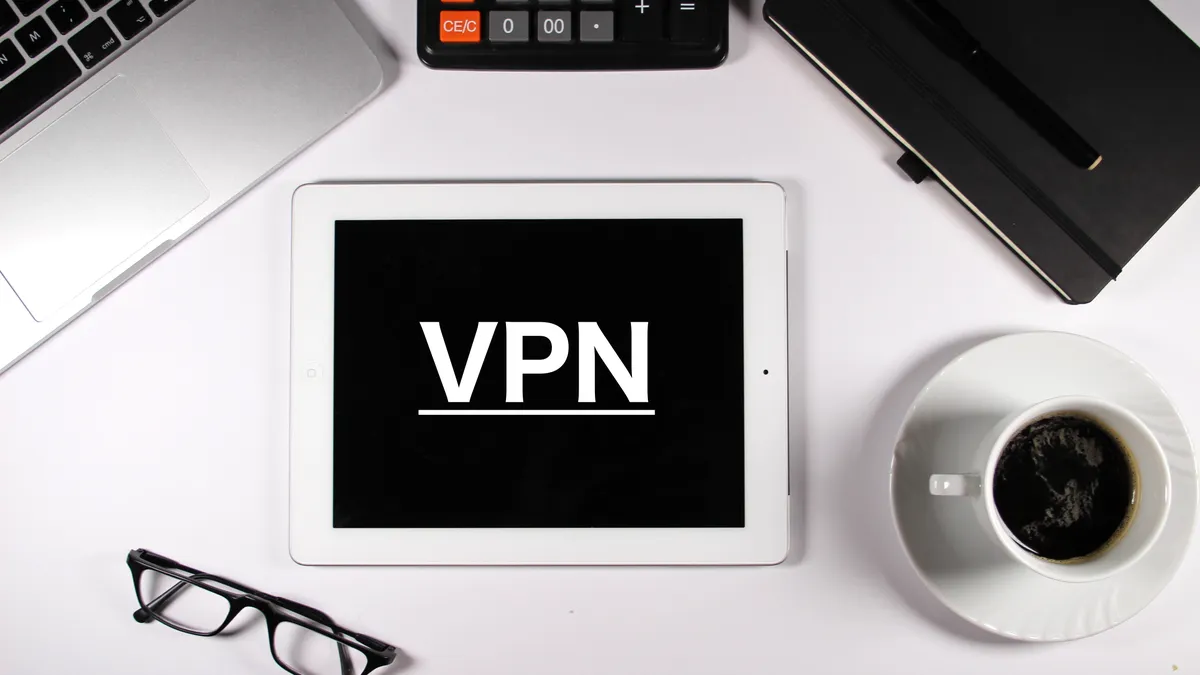
- Fast Speed:
Many people experience improved speed while using a VPN because they’re using an intermediary service like Google Fiber which delays download times for certain types of content so that downloads happen quickly on devices with low specs like Apple iPhone 5S.
- More Anonymous:
By using a VPN, you can remain anonymous when accessing the internet. This means that websites won’t recognize your IP address and you won’t be tracked by anyone.
Section 2. How to Choose the Right VPN for You.
Once you know what a VPN is and what it does, it’s time to choose one for yourself! In this section, we will take a look at what different types of VPNs are available and how they can benefit your specific needs. Additionally, we will provide some tips on how to choose the right VPN for your specific needs.
What VPNs Do.
There are many different types of VPNs available on the market today, including PPTP (Portugal to United States), L2TP (Luxembourg to United Kingdom), IPSec (Iran to Panama), and SSTP (Singapore to Thailand). Each type ofVPN has its own unique benefits and drawbacks that should be considered before making a decision. Here are some general notes about each type ofVPN:
- PPTP:
PPTP is a good choice for security because it helps protect your data from being accessed by unauthorized individuals or websites. However, it may not be as fast as other options due to its slow connection time.
- L2TP/L3TP:
These two types of VPN use Layer 2 Tunneling Protocol which allows them to share traffic between their separate sessions but still maintain communication with each other. This enables you to access any website without any problems whatsoever!
- IPSec:
IPSec is an excellent choice for privacy because it helps protect your data from being accessed by third-party hackers who could potentially steal information or hack into your device. However, IPSec can be quiteSlow when compared with other options when connecting through an online service like Netflix or Hulu etc.).
- SSTP:
SSTP is an excellent option for people who want to connect through multiple countries at the same time because it enables you to do so without having to worry about your data traveling over different connections simultaneously!
What VPNs Are Available on the market.
A free VPN is a great option for those who are not sure if they want to pay for a VPN service. A free VPN will allow you to browse the internet and download files without any security risks. However, some free VPNs do not offer many features or security measures.
VPNs That Are Paid.
Some VPNs offer paid versions that provide better features and security measures than the free versions. Paid VPNs can be a good option for people who are more confident in their online safety and want to protect their data from potential cyber threats.
VPNs That Offer Anonymous Access.
Some VPNs offer anonymous access, which allows you to use them without being identified as someone else. This is a great option if you want to stay private while on the internet and protect your identity from potential cyber threats.
PNs That Offer Security Measures.
One of the most important things you can do when choosing a VPN is to make sure the company behind the service has high-quality security measures in place. Many companies have implemented strong security measures, such as two-factor authentication and encryption, that make it difficult for anyone other than the rightful owner of the information to access it.
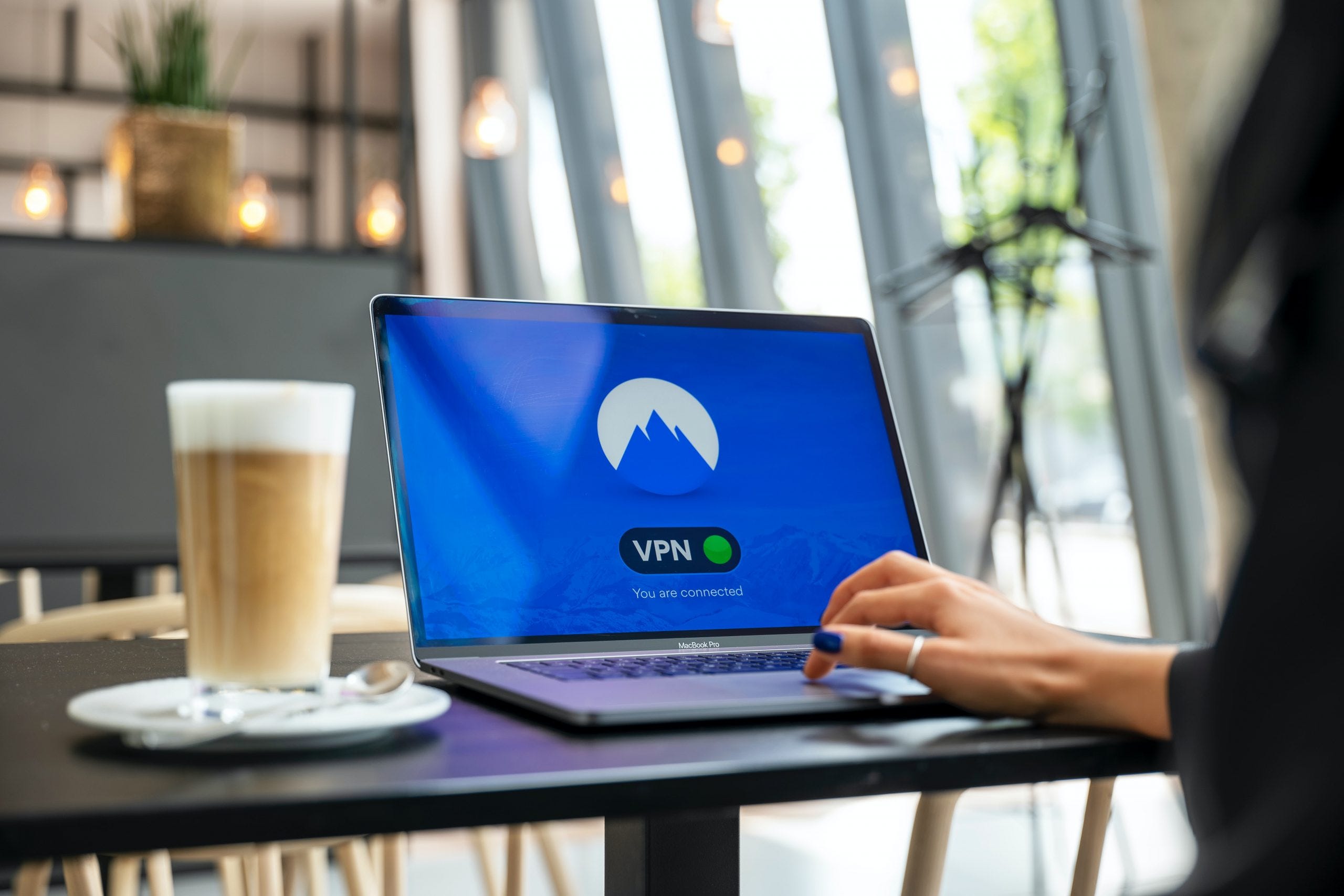
How to Choose the Right VPN for You.
When choosing a VPN, it’s important to consider your country of residence. If you live in a country that has strict online censorship laws, you may not be able to access the website or content that you need. To ensure that your data is safe and private while abroad, choose a VPN with an extensive security and privacy policy.
Choose the Right VPN for Your Job.
If you work with confidential or sensitive information every day, it’s important to find a VPN that can protect your data from snooping by your employers or government officials. Consider how likely your organization is to track and spy on your traffic? If it’s not very likely, then choosing a VPN with privacy features might not be worth the investment.
Choose the Right VPN for Your Region.
When deciding where to buy a VPN, consider where you will be using it most often – at home or work? If you frequently use different devices in different regions of the world (like when streaming Netflix®, Hulu®, or Hulu Plus® content), then buying multiple VPN services might make more sense than one would think. And if you use similar websites and applications across multiple devices, buying them all through one platform may make more sense as well (like when using an app like Google Chrome on Windows or MacOS).
Choose the RightVPN for Your Network.
One final thing to keep in mind when choosing a VPN is its compatibility with your network – does it allow encrypted connections between devices? Many providers offer custom support for certain networks, so make sure to check out their website for details!

